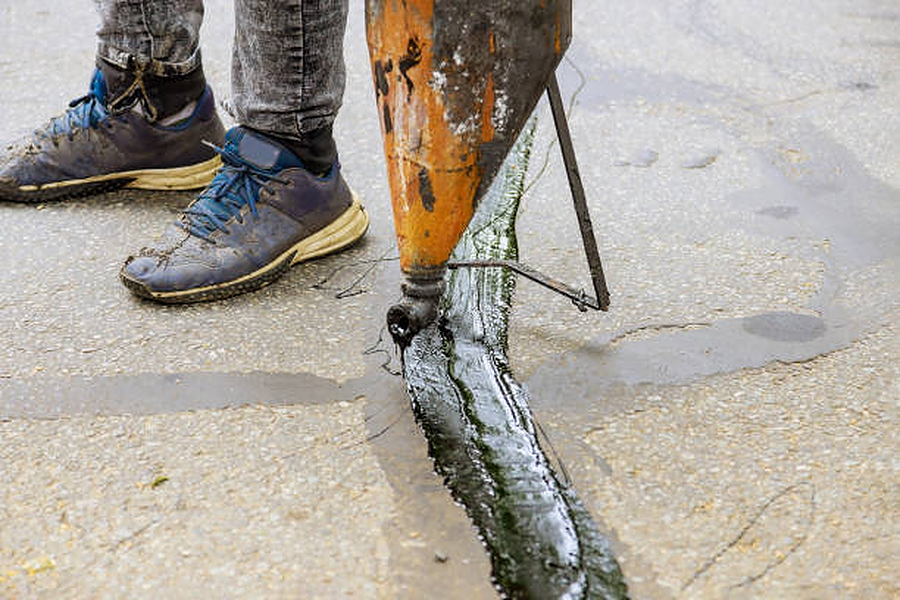If you’ve recently installed a new asphalt driveway, you may wonder when is the best time to seal it. Sealing asphalt driveway is important for maintaining its appearance and extending its lifespan. However, sealing asphalt too soon or too late can negatively affect the overall quality of your driveway. In this article, we’ll look at when you should seal a new asphalt driveway to ensure it stays in top condition for years.
The Importance of Sealing Your Driveway
Before we dive into when to seal your new asphalt driveway, let’s first discuss why it’s important. Sealing your driveway helps protect it from the elements, such as sun exposure, rainwater, and oil spills. Over time, these factors can cause your driveway to fade in color, crack or develop potholes. By regularly sealing asphalt driveway (usually every 2-3 years), you can help prevent these issues and keep your driveway looking new.
How Long To Wait Before Sealing
Curing refers to allowing the asphalt to harden and dry out after installation. It typically takes around 90 days but can vary depending on weather conditions and other factors. The general rule of thumb is to wait until your new asphalt driveway has cured before sealing it.
Sealing too soon can trap moisture underneath the surface, leading to cracking or damage over time. On the other hand, waiting too long can leave your driveway vulnerable to damage from UV rays and other environmental factors.
Signs It’s Time To Seal
While waiting for curing time is important before sealing a new asphalt driveway, some signs indicate when it’s time to reseal an older one:
Fading Color
Asphalt driveways tend to fade over time due to sun exposure and weathering. If you notice that your once-black driveway has started turning gray or brownish, it may be time for a fresh coat of sealer.
Visible Cracks
Cracks in your driveway can allow water and debris to penetrate underneath the surface leading to more significant damage over time. If you notice visible cracks forming on the surface of your pavement, then it’s recommended that you have them filled and sealed as soon as possible.
Potholes
Potholes are another sign that indicates that it’s time to reseal an older asphalt driveway. Potholes form when water seeps beneath the pavement’s surface, causing erosion and weakening underlying layers.
Oil Spots
Oil spots not only make driveways look unsightly, but they also weaken the surface by breaking down the binders holding aggregate together. Resealing helps prevent oil from penetrating pores where it will cause further damage.
How We Can Help
At Hickory Asphalt Paving, we understand how important proper maintenance is for keeping your asphalt driveways looking their best year-round! Our team of experts has years of experience installing high-quality driveways and providing regular maintenance services, including sealing applications tailored specifically for each client’s needs!
Whether you need advice on the best time for sealing or want professional assistance with applying the sealant to an existing pavement, we’re here, ready and willing! Contact us today to schedule a consultation with our team!

